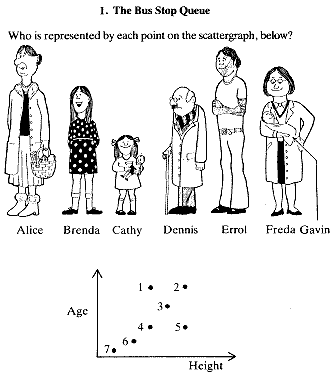Curriculum Tags: All
http://www.mytowntutors.com/2014/03/pi-day-lessons-top-10-websites-for-pi-day/
https://www.youtube.com/watch?v=TUErNWBOkUM
https://www.youtube.com/watch?v=5iUh_CSjaSw
 Key Curriculum, the maker's of Sketchpad, have really started to include a lot of web based sketches (ie no Sketchpad needed) in this one they have several different derivations of Pi using geometric and dynamic means.
Key Curriculum, the maker's of Sketchpad, have really started to include a lot of web based sketches (ie no Sketchpad needed) in this one they have several different derivations of Pi using geometric and dynamic means.Curriculum Tags: Gr8
http://blog.keycurriculum.com/2014/03/%CF%80-day-2014/
 The Language of Functions and Graphs is a resource that might be old but there are a lot of great problems here for the picking. This used to be a paid resource but now its available for free in PDF form, both the black line masters and the teacher resource. Thanks to Michael Pershan and Dan Meyer for this one.
The Language of Functions and Graphs is a resource that might be old but there are a lot of great problems here for the picking. This used to be a paid resource but now its available for free in PDF form, both the black line masters and the teacher resource. Thanks to Michael Pershan and Dan Meyer for this one.Curriculum Tags: MPM1D, MPM2D, MCR3U
http://www.mathshell.com/materials.php?item=lfg&series=tss
Keith Devlin has written a lot about Fibonacci and he has now put out a new video debunking a lot of the myths about the Golden Ratio and Fibonacci.
Curriculum Tags: All
https://vimeo.com/88132964
Why not at least one image for Pi Day
Curriculum Tags: All
http://www.pi314.net/imagespi/Pi_day/2008_PiDayCartoon_Grand.jpg
Here is a neat little poster that talks about different types of numbers. It could be good to start some discussions on what characterizes a number. Thanks to Edudemic for this one.
Curriculum Tags: All
http://www.incidentalcomics.com/2012/01/meet-numbers.html




















